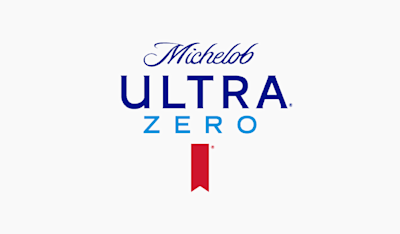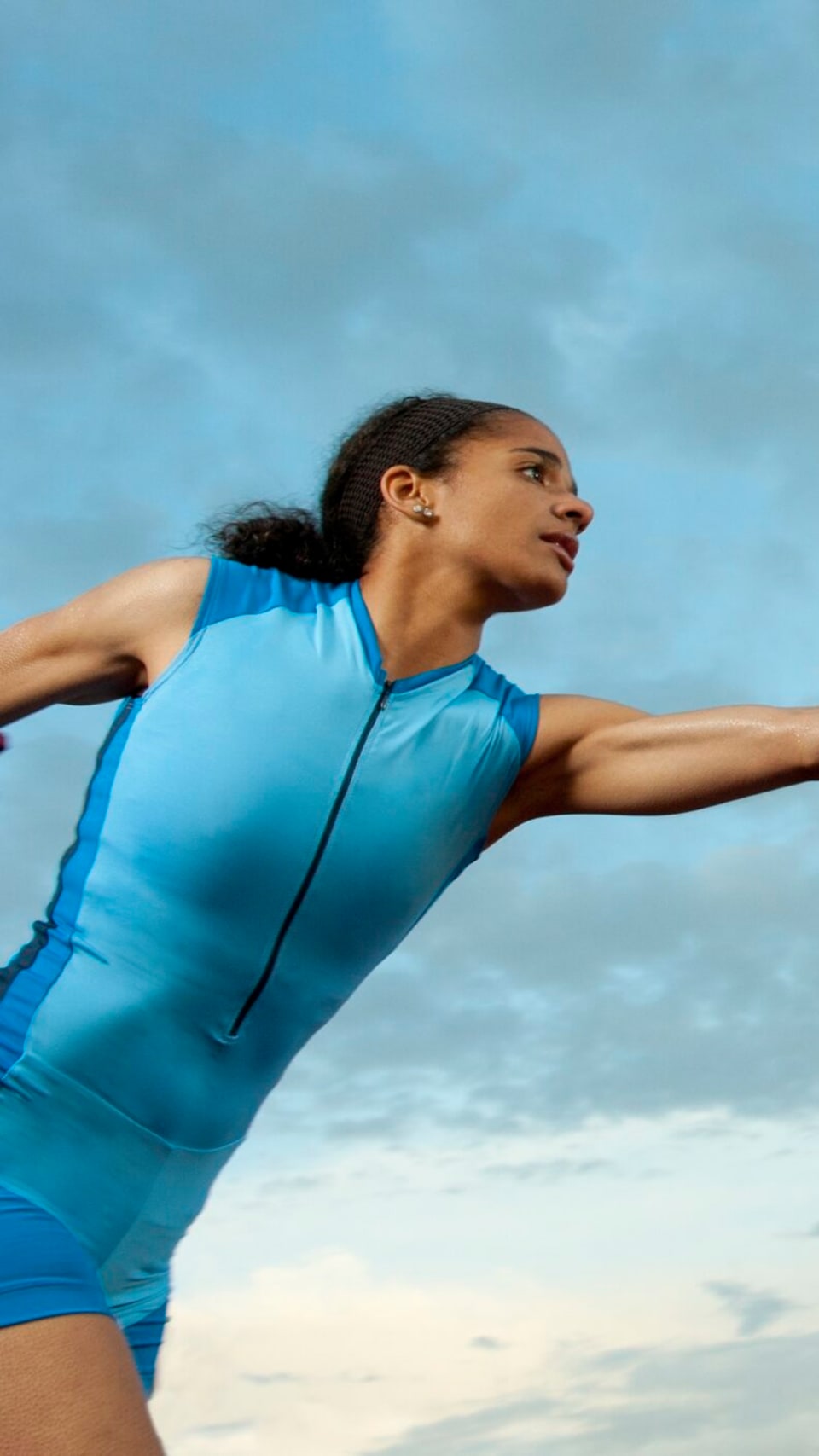
Organising more circular Games
Fitting out and furnishing the venues, equipping athletes, clothing volunteers, feeding the various stakeholders during the event, ensuring that competitions are successfully broadcast around the world, offering opportunities to enjoy unforgettable emotions… It takes a lot of resources, materials and items to organise the Olympic and Paralympic Games. To manage them more sustainably and limit waste, Paris 2024 is focusing on the circular economy.
Our core commitments
Learn more about the Paris 2024 infrastructure
Reducing the resources required
In the bid phase, Paris 2024 proposed a more responsible concept for the Games: wherever possible, capitalising on existing infrastructures or temporary venues created at the heart of the capital, to build less facilities and ensure they are always useful for their communities. Thanks to this commitment, moving away from the approach for previous Games, Paris 2024 has scaled back the use of resources significantly.
This principle can be seen in the interior fittings of the 40 or so competition and non-competition venues. Marquees, partitions, chairs, computers, sports equipment or signage… For every item, Paris 2024 questions whether it is actually required and pools its use when possible. For instance, this approach has made it possible to reduce the number of furniture items by nearly 25%, down from 800,000 required at the outset to around 600,000. Following these reduction efforts, Paris 2024 is prioritising leasing or access rather than buying, for 90% of items.
To welcome the various stakeholders, particularly in terms of food and beverages, Paris 2024 has also made various strong commitments to limit the quantity of waste linked to the event, thanks in particular to the deployment of drink fountains and the deposit system introduced for packaging.
Encouraging eco-design
The Games are also an opportunity to develop and test more responsible solutions on a large scale. To achieve this, Paris 2024 is mobilising its entire ecosystem, and particularly its partners and providers, to incorporate eco-design into their products and services: choosing more natural or low-carbon materials, such as timber, reusing products, sourcing more locally, using items made in France, working with organisations from the social and solidarity economy, etc.
What you will be able to see
During the Games, spectators will be able to enjoy food and drinks at counters made of reused timber pallets or take a break in the shade offered by a stretched canvas structure, with natural ventilation, avoiding the use of air-conditioning.
Photo: Mountain bike test event at Elancourt – September 2023
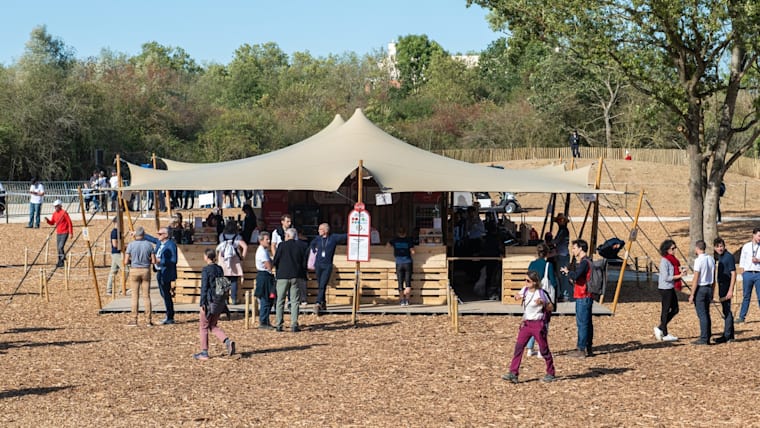
The Champ de Mars Arena (Grand Palais Overlay) is based on a 1,500m3 timber structure, conceived from the outset to offer a number of different uses, thanks in particular to its movable partitions. Following the Games, this building will be able to be dismantled and reused for other major events.
Photo: Building the Grand Palais Overlay – April 2021
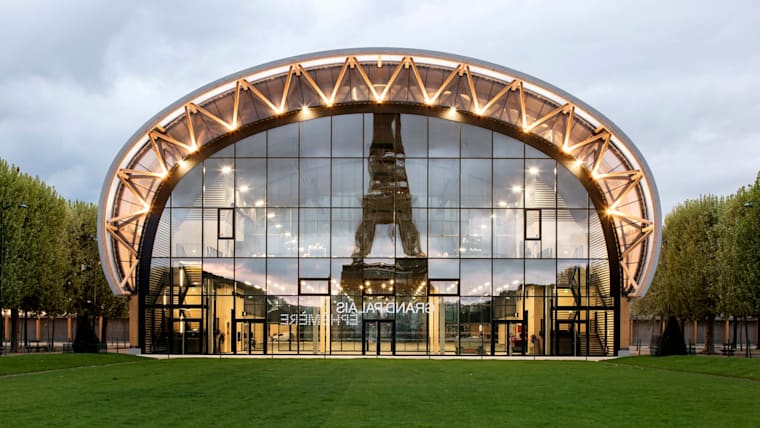
To protect the ground at the International Broadcast Centre in Le Bourget, which will welcome nearly 12,000 people, 1,650m3 of local timber flooring, sourced from the Vosges, Alsace and Jura regions, will be set up. Following the event, this timber will be redeployed as part of projects to build houses or schools in France and across Europe. Any flooring sections that are too damaged will be recycled to make wood fibre boards.
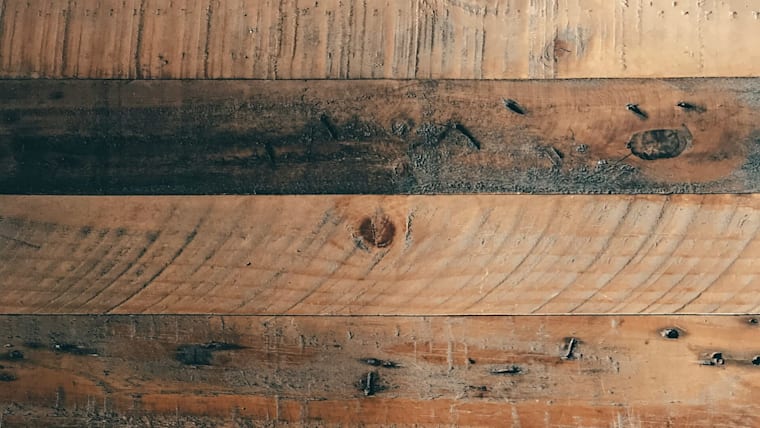
Doudou & Compagnie, one of the two producers of the Games Mascots, is rising to the challenge to relocate 50% of its production for Paris 2024 in France, a groundbreaking challenge on this scale. To achieve this, it is expanding its plant in Brittany and doubling its production capacity by recruiting and training an additional 35 staff.
For all Paris 2024 branded items, listings that are made in France will be offered in each category.
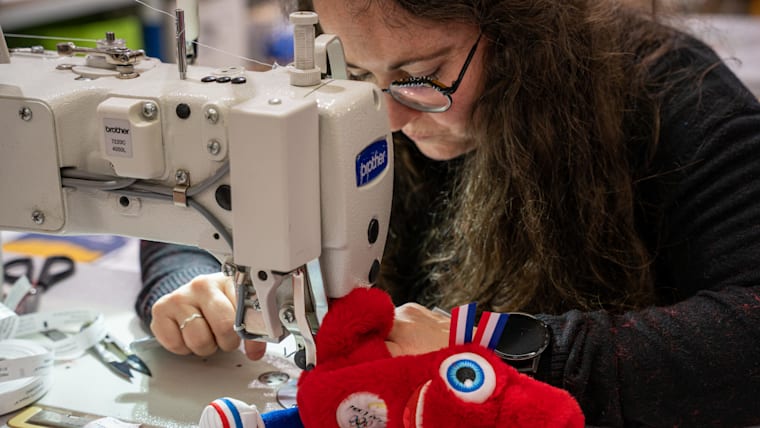
Ensuring a second life
Paris 2024 is a temporary organisation. To prevent the resources deployed from being transformed into waste, we needed to look beyond the Games well before the Games. The organising committee has therefore positioned the circular economy as one of the pillars of its responsible procurement strategy, choosing suppliers that incorporate a second life into their products. All of the temporary structures, such as the stands, marquees, furniture and equipment, will have a second life following the Games. Redeployment, reuse or, as a last resort, recycling: the solutions are being identified upstream from the event.
For the swimming events, three temporary 50m competition and warm-up pools will be created. Following the Games, Paris 2024 has made a commitment to donate them to three municipalities in Seine-Saint-Denis. Sevran, Bagnolet and Pierrefitte were chosen following a call for expression of interest and will receive these pools as a legacy.
Discover Paris 2024’s circular economy strategy
Rewatch the presentation from the Change Now Summit






